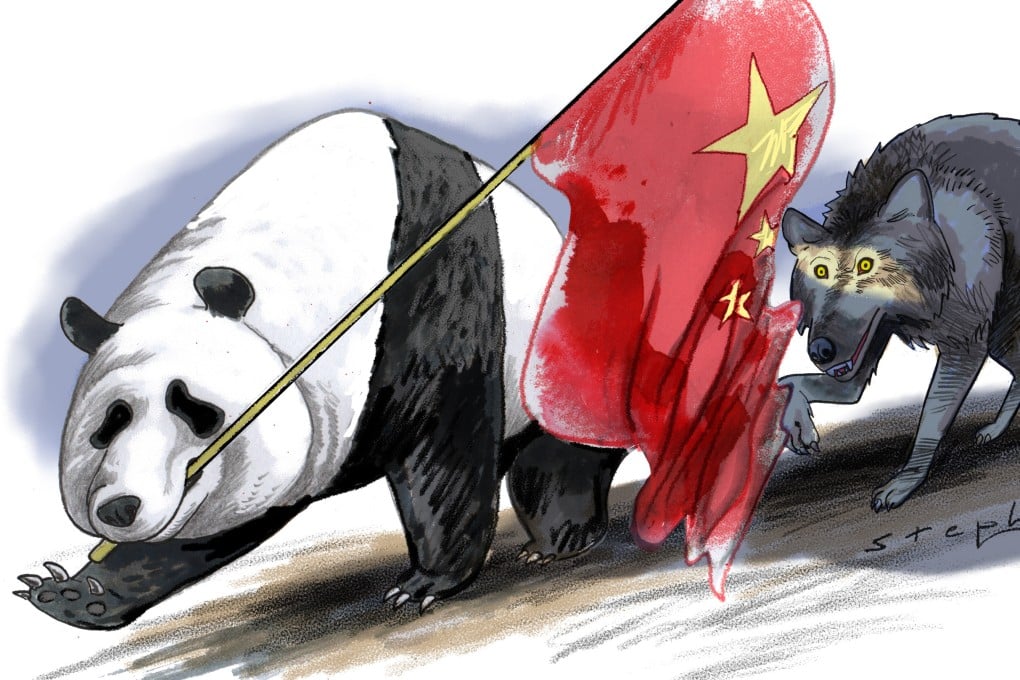Advertisement
Opinion | Is China’s ‘wolf warrior’ diplomacy in retreat? Perhaps in words, but not actions
- Since Xi Jinping exhorted officials to present a ‘lovable’ image of the country, Chinese diplomats have been toning down their strident rhetoric
- On core issues, such as Taiwan and the South China Sea, however, Beijing is likely to act as assertively as ever
Reading Time:4 minutes
Why you can trust SCMP
11

In recent years, “wolf warrior” has become a catchphrase describing an increasingly assertive and combative style of Chinese diplomacy. Named after a series of nationalistic Chinese action films, this strident approach had caused consternation in some political circles and the international media.
Advertisement
That said, over a year ago amid a deteriorating relationship with the West, observers started to notice shifts in China’s approach, especially at the rhetorical level, after President Xi Jinping urged Chinese officials to “tell the China story well” and build a more “lovable” image of China globally. Just weeks ago, China’s new foreign minister Qin Gang expressed his admiration for the American people and vowed to push forward bilateral relations.
These rhetorical shifts could also be seen in China’s response to the Ukraine war. Having earlier criticised the United States and Nato for stoking tensions between Russia and Ukraine to a breaking point, recent official statements now emphasise constructive means to de-escalate the conflict through peaceful dialogue without reference to any party.
Earlier this year, Qin emphasised that China-Russia ties are based on “non-alliance” and “non-targeting of any third party”. And in an interview with the Post, China’s Ambassador to the European Union Fu Cong even said China is ready to say it has a “no limits” partnership with the EU, downplaying Beijing’s oft-criticised “no limits” partnership with Moscow.
This shift away from the usual combative tone may have to do with the economic challenges at home – contracting demand, supply shocks and subdued domestic expectations. Internationally, China’s wolf warrior diplomacy contributed to a general rise in unfavourable opinions on the country.
Advertisement

Advertisement

